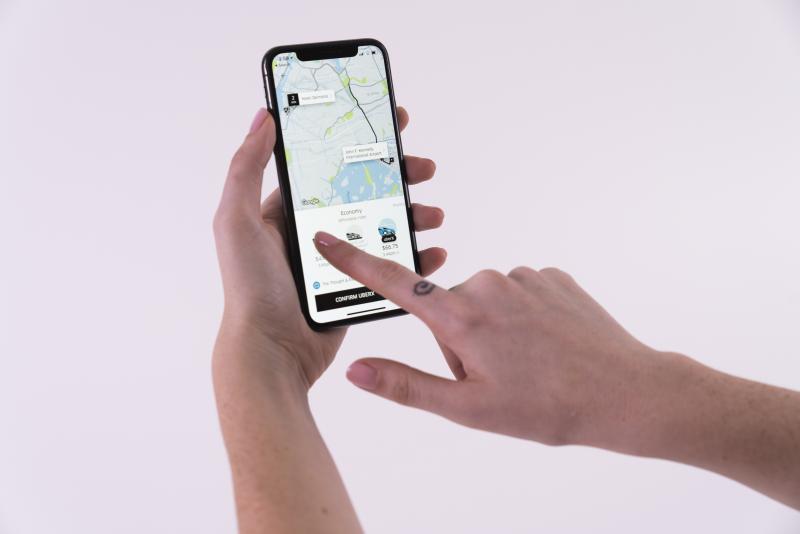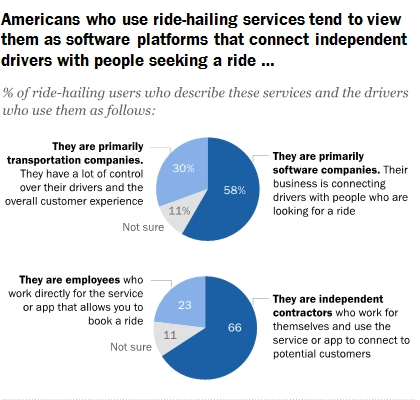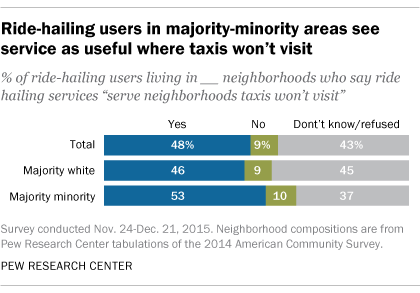
Labor Secretary Marty Walsh today said that most gig workers in the United States should be classified as “employees,” not independent contractors.
“… In a lot of cases gig workers should be classified as employees… in some cases they are treated respectfully and in some cases they are not and I think it has to be consistent across the board,” Walsh told Reuters.
Reclassifying gig workers in this way would be devastating to independent contractors, as many would lose work.
Further, neither rideshare drivers themselves nor the American people consider drivers to be employees. Even more damning, most rideshare drivers don’t want to be employees.
By a 3-1 ratio, Americans consider rideshare drivers to be independent contractors and not employees, according to a landmark Pew Research Center survey.
Pew Research Center conducted a sizable survey of 4,787 American adults and found that most Americans who were aware of the regulatory debate surrounding these areas of the economy do not consider rideshare drivers to be employees, and believe the government should use a light regulatory touch in this area of the economy.
As noted by Pew, most rideshare users do not consider drivers to be employees. In fact, “66% of ride-hailing users think of the drivers who work for these services as independent contractors, while 23% view them as employees of the app or service.”
As noted by Pew, “the clear preference for a light regulatory approach among partisans in all camps is striking.”
Similarly, most users consider these to be companies software companies as opposed to transportation companies.
Here is the Pew Research graph that shows these two results:
An Edelman Intelligence survey found that the freedom to be an independent contractor is vital to rideshare and food delivery drivers, as nine out of ten drivers on app-based platforms “began driving because they needed a job where they could control their work hours.” About 72 percent of drivers supported California Proposition 22, affirming their right to be an independent contractor, not an employee.
Democratic-leaning Benenson Strategy Group and Republican-leaning GS Strategy Group conducted a survey which found that 77 percent of Drivers say flexibility is more important than receiving benefits. In other words, Drivers prefer flexibility over the benefits of employment by a margin of more than 3-to-1.
It is clear that drivers prefer to keep independent contractor status, therefore maintaining their independence and flexible work schedule. In fact, nearly 70% of drivers would quit if they had to take on a traditional employment role with Uber.
Rideshare services have been revolutionary when it comes to people’s access to transportation, safety, and even health. If the Biden administration is successful, rideshare services will likely become more scarce and more expensive.
By a 5:1 ratio, residents of majority-minority neighborhoods say rideshare services like Uber and Lyft “serve neighborhoods taxis won’t visit” according to the Pew survey.
“Ride-hailing services are seen by minorities as a benefit to areas underserved by taxis,” the research found.
Over half (53%) of ride-hailing users living in majority-minority communities communicated to Pew Research Center that ride-hailing provides service to neighborhoods where traditional taxi services are scarce. Only 10% of those respondents disagreed with this statement.
Access to transportation is vital in these areas.
As Sara Heath of Xtelligent Healthcare Media explains, “Rideshare companies, such as Uber and Lyft, are cruising into the healthcare spotlight. As medical professionals focus on improving patient access to care and addressing the social determinants of health (SDOH), these rideshare services are a cheap and effective option for meeting industry needs… For millions of patients across the country, getting a ride to a medical appointment is a genuine challenge. Public transportation can be unreliable or unavailable, many individuals lack access to their own vehicles, and patients may not always be able to secure a ride from a friend or family member at the right time.” According to the CDC, access to transportation is one of the most significant social determinants of health.
It is important that we protect independent contractors’ status as ICs and ensure that their work remains flexible. Both drivers’ livelihoods and users’ access to transportation is at stake.



